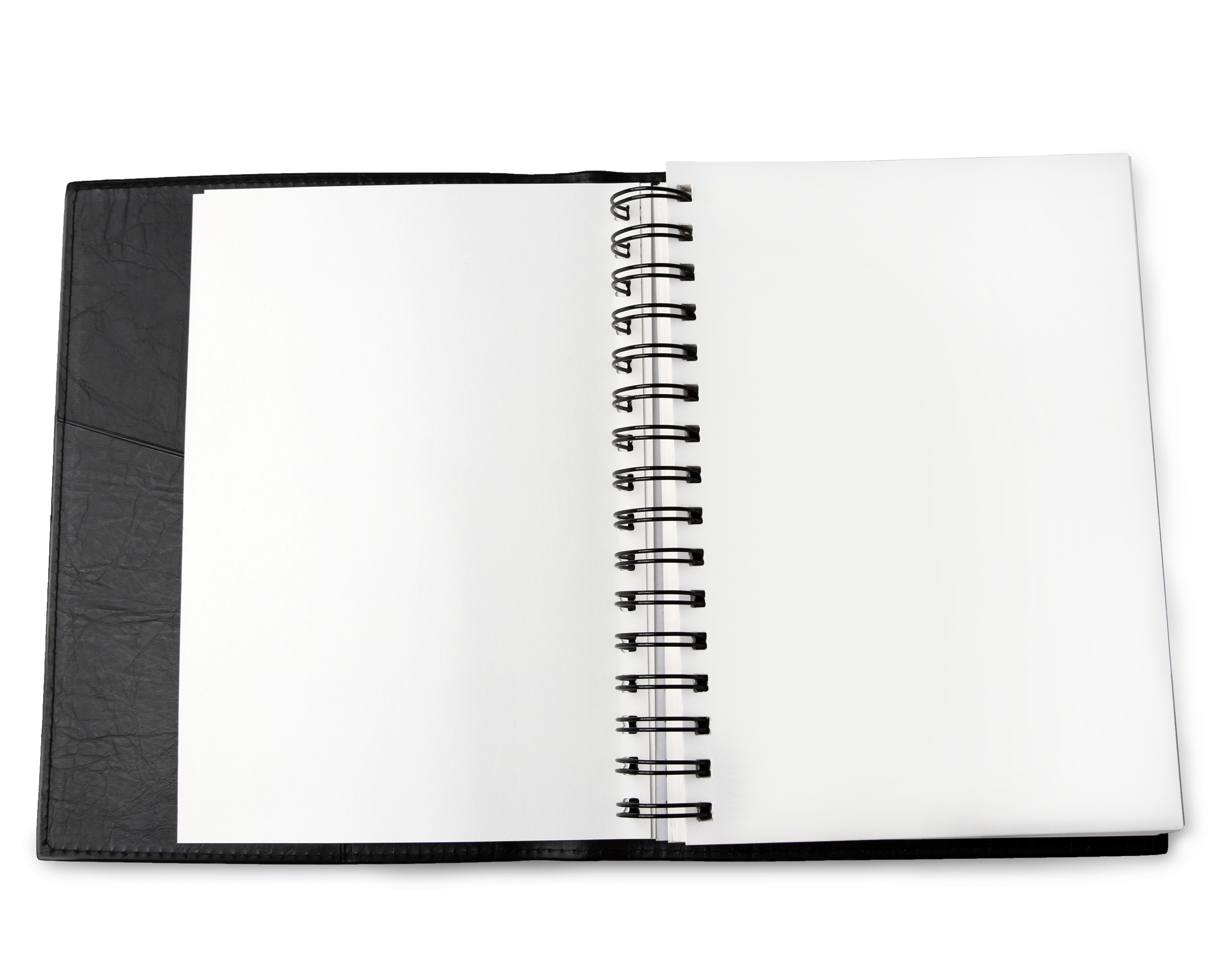“Many of our sorrows can be traced to relationships with the wrong people.” (1) Sometimes the wrong people wreak havoc in our lives because they are in our “inner circles,” and they really should be much farther away from our hearts. If sorrows can be traced to relationships, so can successes and joys, but not unless we are intentional about who is in our inner circles and why they are there.
Because of some painful and destructive relationships in the past, my husband, Ron, and I began talking about how to build solid, trusting relationships. We explored the concept of having an inner circle and then concentric circles of people going further out from us. I began to see that it really makes sense to allow different people varying levels of trust and access to my heart.
Mentally placing people in circles establishes natural boundaries. It also inspires me to search for people who are wise and who are better than me (people who are already at the places I want to be).
One morning my son, Caleb, who was consuming his usual bowl of Cinnamon Toast Crunch, asked me about a party I had attended. I told him I saw a particular friend (who Caleb knew had deeply hurt me in the past). He glanced up and asked me if it was really weird and if it upset me. I thought for a minute and was happy I could say, “No. It was actually O.K.” He asked me how that could be. I explained that because she no longer had an inner circle place in my life, she no longer had the power to hurt me.
[blockquote type=”left”]Many of our sorrows can be traced to relationships with the wrong people.[/blockquote]
Another instance where this inner circle theory really helped me involved a couple who frequently hurt me. I don’t think they meant to, but that didn’t mean their actions still didn’t sting. Once I had forgiven them, I began to think about what circle they should be in, and I realized it wasn’t in my inner one. Once I mentally moved them further from my heart, I found that the very same thing they continued to do no longer hurt or bothered me.
Being intentional about who makes it into your inner circle takes some time and reflection. Following is the process Ron and I went through.
Define Relationship Boundaries
Inner Circle: People who have a high level of access to my life, my children, home, emotions and will therefore be allowed a significant amount of input. In reality, there are probably differing levels of inner circles. The closer the circle is to me, the fewer amount of people will be in that circle.
General Friendships: People who have a much smaller level of influence and far lower level of access into my life. Some things to consider: They need to generally make good decisions. My family must be safe around them. The more they are willing to tear others apart in speech, the farther I will distance myself.
Acquaintances: People I know because of life.
Consider Important Traits
Secondly, we came up with the following “Inner Circle Traits.” Many of these items came from areas we recognized had caused problems for us in the past. (What is important to you may be totally different.)
• Respects authority.
• Values time (theirs, mine & other’s).
• Is responsible, e.g. returns calls/e-mails etc. Does what he/she says he/she will do.
• Is wise. It is common to learn from him/her.
• Thinks things through and is deliberate. Makes good, intentional decisions.
• Loves God passionately. Spiritual conversations with him/her is normal.
• It is against his/her nature to “forsake” others or back-stab.
• He/she has godly, well behaved kids.
• Has good speech: i.e. doesn’t tear others apart.
• He/she has a love for learning and is teachable.
• We hold a high level of trust and respect for each other.
• Recognizes (even looks for) needs in people’s lives and tries to fill them.
• Is not self-serving: e.g. Would they bring their seriously sick kids around you because they just “wanted to get out of the house?”
• Has a sense of purpose, hope and clear direction in their own lives.
• Is honest in his/her dealings.
Listen
Thirdly, we talked about how to flesh out the above criteria. We realized we needed to really listen to what people talk about and try to hear what is behind their comments. Asking questions can expose their hearts. Here are a few “starter” questions:
• If you could be doing anything in 5 years, what would it be?
• How do you enjoy spending free time?
• Do you read? Tell me about the last book you read or about a book you would recommend.
• What are the 5 most important things in your life?
• What would you do if someone handed you 10 million dollars?
Bake For Two Years
It seems like it takes about two years to get to know someone. Allowing a two year period of time before someone moves closer to the inner circle is a good rule for possible friendships, business partners, leaders in an organization or looking for a spouse. We need to see how people respond in different seasons: different seasons of life and yes, even different seasons of weather and holiday seasons. I often pray that I will be able to see how people react in stressful situations, how they respond to conflict and how they celebrate life.
I didn’t used to be intentional at all about who was in my inner circle. I just kind of let everybody have a say and an influence and therefore, a right to hurt me and a right to criticize me. I can indeed trace many of my sorrows back to allowing the wrong people into my inner circle. But, I can work on fixing that, as I allow God to heal my heart, because I want my heart to stay open and alive to the right people.
Who is in your inner circle? Why are they there? Is it just because of circumstances or have you chosen them for specific reasons? Are there some adjustments you need to make?
[line]
1. Andy Andrews, The Traveler’s Gift Journal (Nashville, TN: Thomas Nelson, 2004), 39. I highly recommend this book!
[line]
Feature image Copyright © Les Cunliffe / Dollar Photo Club
Copyright © 2015 Fluidchurch.net. All Rights Reserved.
[line]
[x_subscribe form=”6966″]


Recent Comments